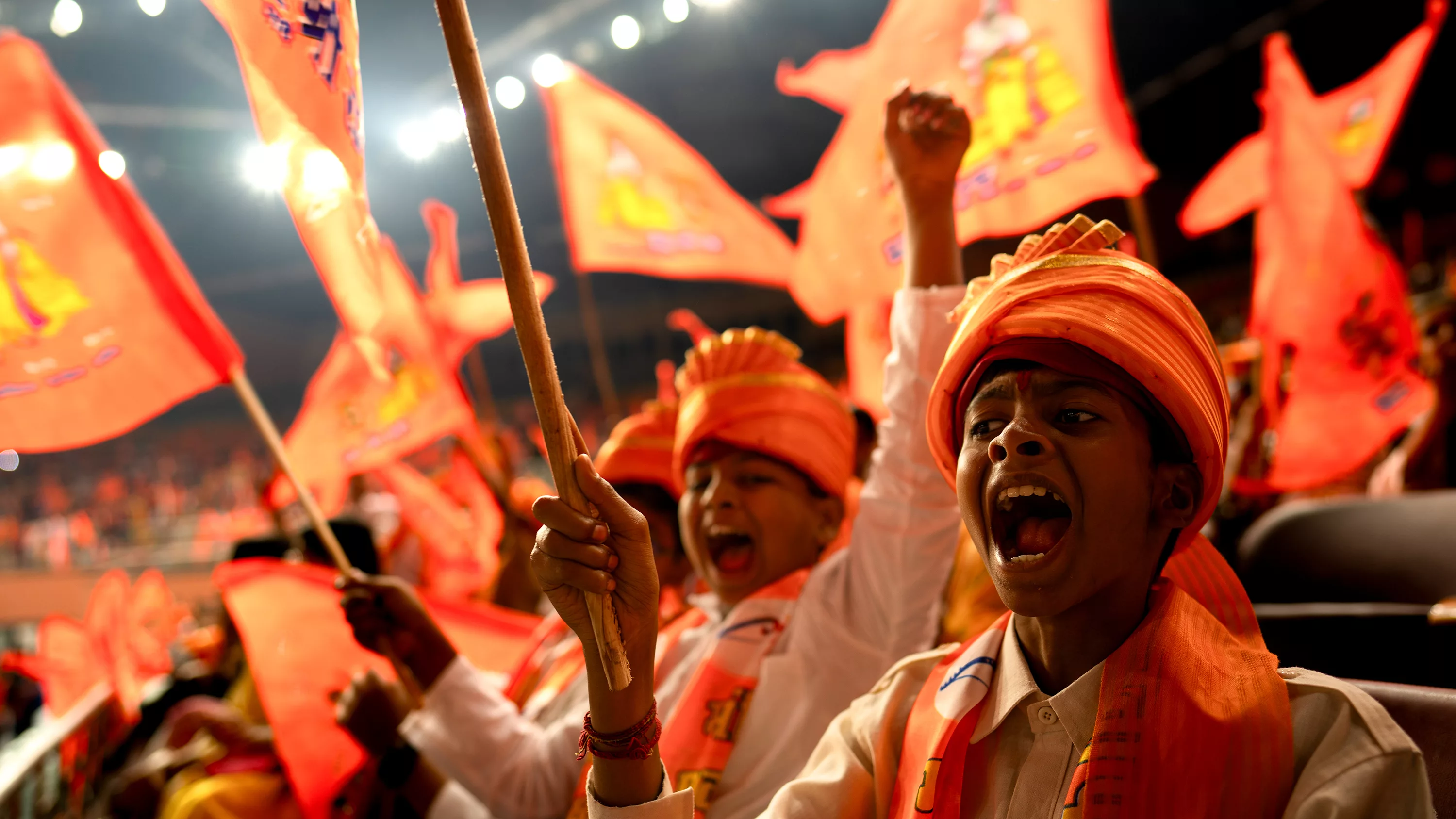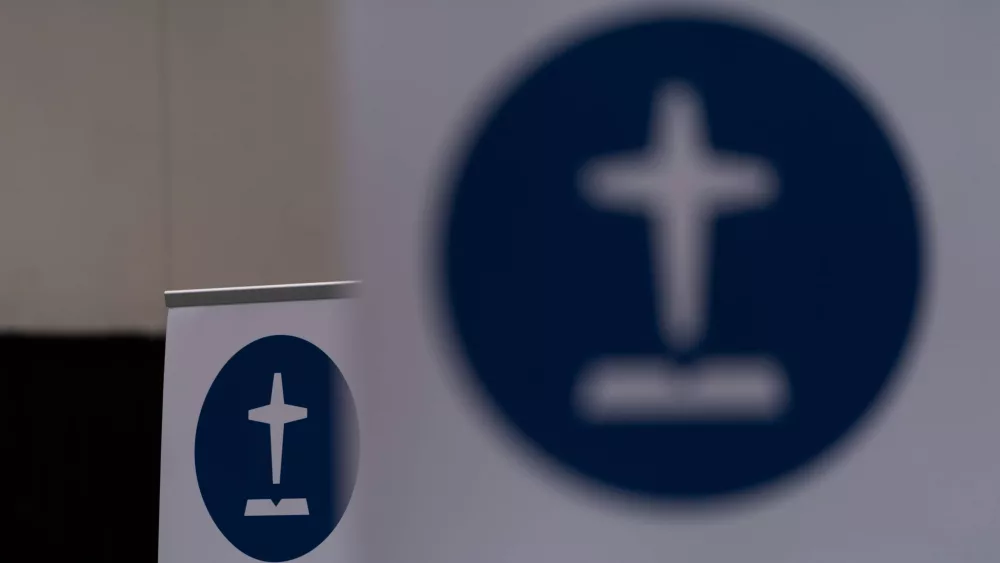
Lawyer and author P. I. Jose discusses the growing influence of Hindutva ideology and its threat to India’s constitutional order.
During the last decade in India, a Hindu nationalist government has taken the helm, and Hindutva ideology, once considered as fringe, has become firmly entrenched and empowered politically and socially.
Since Prime Minister Narendra Modi first rose to power in 2014, India has grappled with rising religious nationalism, posing significant challenges to its founding principles of pluralism and equality. Democracy watchdogs have expressed concern about the health of the world’s largest democracy. In 2018, for instance, one group categorized India as an “electoral autocracy.” In 2024, the country was downgraded in status, becoming known as “one of the worst autocratizers.” Both domestic and international observers have raised concerns about potential threats to India’s constitutional framework and minority rights.
Many rejoiced when Modi’s Bharatiya Janata Party (BJP) failed to win an absolute majority last month for the first time in three elections, but concerns about the widespread political and social influence of Hindutva remain.
Against this backdrop, P. I. Jose’s new book, Hindutva Palm-Branches and the Christian Resolve, examines India’s evolving political and religious landscape. Drawing on his extensive experience practicing in front of India’s supreme court, Jose examines the growing influence of Hindutva and its impact on India’s constitutional democracy and secular fabric.
CT recently spoke with Jose about what secularism means in a country as religious as India, Hindutva’s effects on constitutional principles, and the precarious position of religious minorities, particularly Christians, in India’s current political climate.


